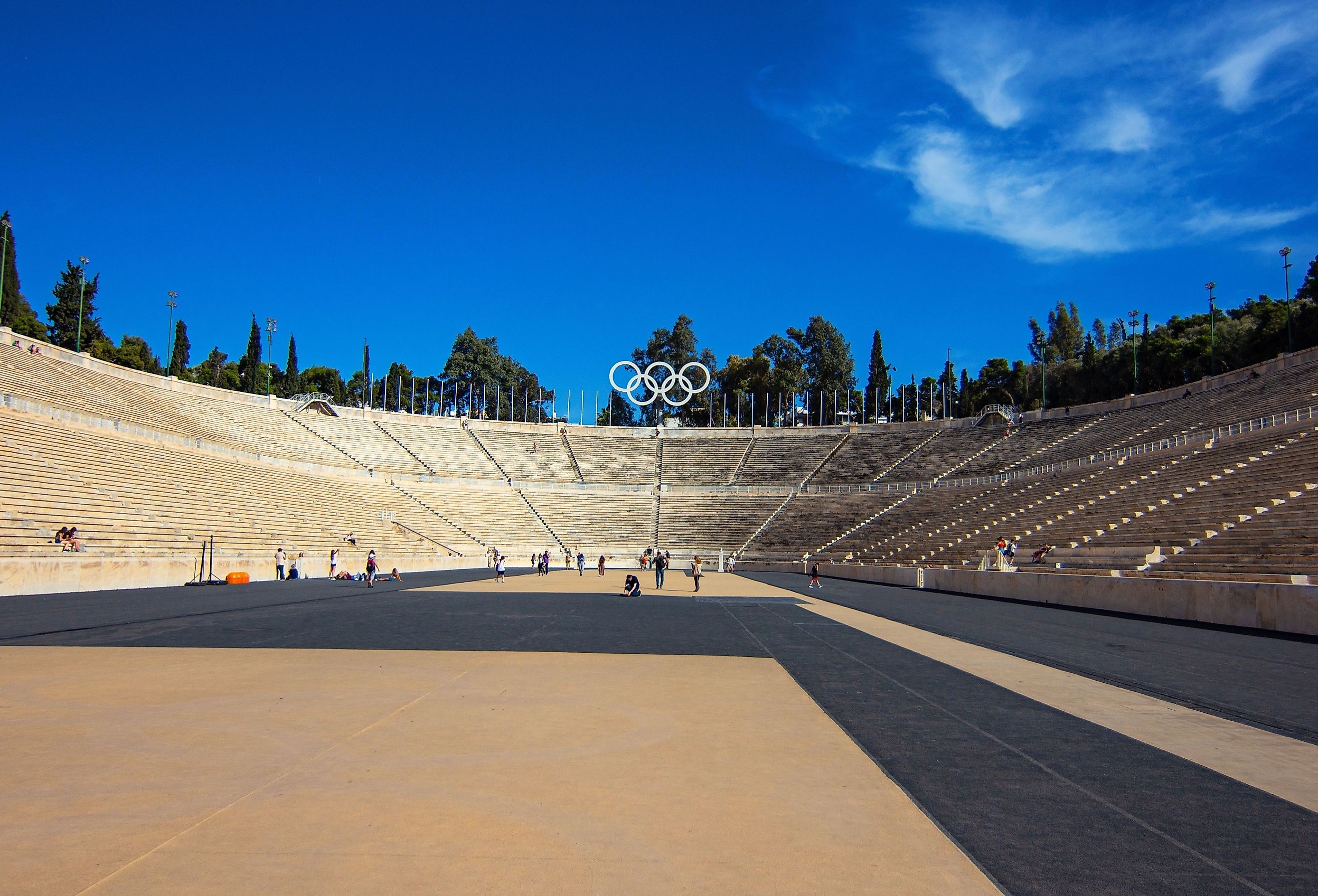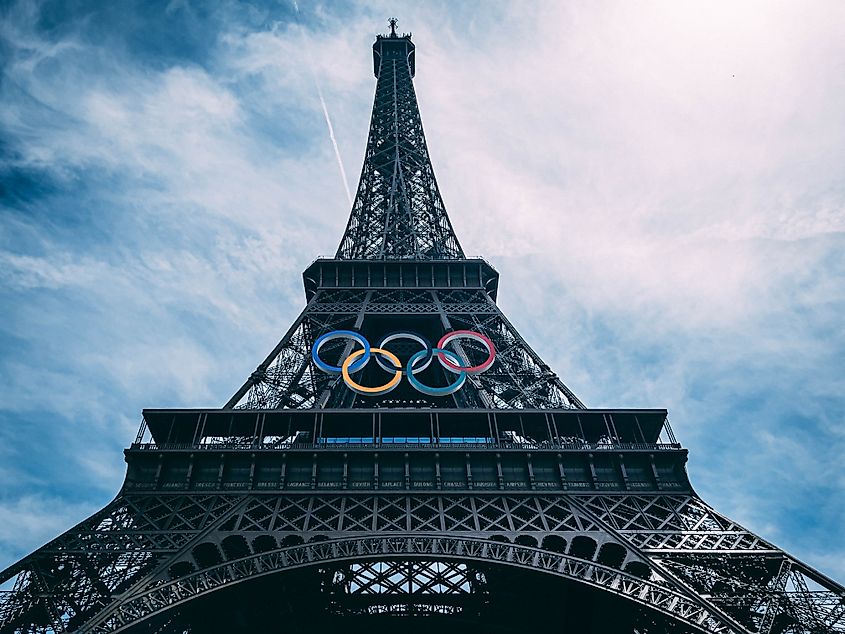
How Many Olympics Have There Been?
The Olympics are one of the largest cultural events in the world. Every two years, athletes from around the world compete for their respective countries to make history and return home with a medal. While the Olympics have a history dating back to the Ancient World, the modern rendition that we are all familiar with dates back to the late 19th century.
Ancient Greece

The first Olympic Games were held in Olympia, Greece in 776 BC. It originated as a religious festival to honor the Greek god Olympus as well as other gods within the Greek pantheon. The Olympics were a serious cultural event even back then. Serious political affairs, even wars, were halted or postponed during the games.
In its infancy, the Olympics were completed in only a day but as they grew in popularity and cultural importance, they were stretched out over five days. The last day of the games tended to consist of a large feast and was an opportunity to award the respected winners of each event.
The games that were held in Ancient Greece were not all too dissimilar to what is still around today. Boxing, wrestling, and track and field, were all staples of the games. Chariot racing was eventually added as well.
The Greeks famously participated in most events in the nude. The exact reason for this is still not completely understood but it is assumed by some that this was a somewhat symbolic display of fair and equal competition between the athletes.
Who Competed In The Ancient Olympics?

Women were banned from competing in the games for most of its history and were officially faced with the death penalty for attending. However, no historical record has ever mentioned this being put into effect. There is mention of women competing in foot races for a brief period, but this did not last long.
The participants were meant only to be available to free Greeks, but it is likely that many of the competitors were either not ethnically Greek or were once slaves at some point in their lives. Athletes from all across the Greek world would attend as a way to win personal glory and to represent their city.
Even in ancient times, most Olympians consisted of professional athletes who trained their whole lives to excel at their particular event. The truly exceptional athletes were often directly sponsored by their city's rulers, who wanted to boost their prestige and public image.
The original Olympics outlived Ancient Greece and were still just as important once Greece was incorporated into the Roman Empire. The games officially ended in 393 AD when Emperor Theodosius directly banned them, deeming them too pagan and un-Christian.
The Origins Of The Modern Olympics

The Olympics had always captured the imagination of Europe's educated elites throughout the Middle Ages and the Early Modern Era. However, during the 19th century, the possibility of reinstating the games became a reality.
In 1821, Greece finally broke away from Ottoman rule after hundreds of years of occupation, making it possible to hold the games in its place of origin. This also coincided with the rise of nationalism that had swept across much of the World, especially Europe. The desire to win Olympic gold as a testament to the greatness of one's nation was more alluring than ever. While it took decades to materialize, eventually, the first modern rendition of the Olympics was held in Athens, Greece, in 1896.
Originally, to keep to the Ancient Greek tradition, the games were planned to be held every four years. However, only the Summer Olympic Games were held, and this was the case until the first-ever Winter Olympic Games were held in Chamonix, France, in 1924.
Aside from a break in the games during the First World War and the Second World War, an uninterrupted chain of Olympic Games is held every four years.
Between 1924 and 1992, the Winter and Summer Olympics were held in the same year every four years. Of course, the Winter and Summer Games were held in different cities and at different times throughout the year.
This all changed into the format that most are now familiar with in 1994 when each distinct variety of the Olympics was set to a two-year schedule. This was done to allow each game to complement one another and to avoid fatiguing viewers with two Olympic Games in the same calendar year.
How Many Olympics Has There Been?

Since the modern Olympics first began in 1896, there have been a total of 30 Summer Games and 24 Winter Games held in 21 different cities around the world. Every two years, the world is treated to the highest level of athletic competition in hundreds of different events and the number of total Olympics is only going to grow larger.
Even as the 2024 Paris Summer Olympics gets underway, the next ten years of the Olympics are planned ahead of time. The next host cities of the future Olympics are Milan in 2026, Los Angeles in 2028, the French Alps in 2030, Brisbane in 2032, and Salt Lake City in 2034.
Final Thoughts
Every Olympics generates billions of dollars in revenue from advertisements and sponsors and hundreds of millions of views on television and online streaming platforms. As the games continue to grow and expand their reach, it is safe to assume that their spectacle and popularity will only continue to spread worldwide.











